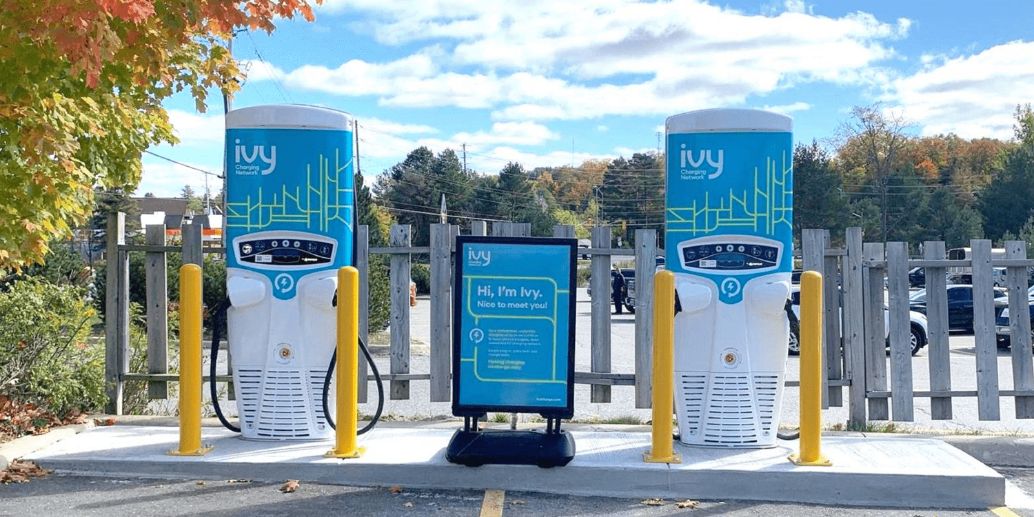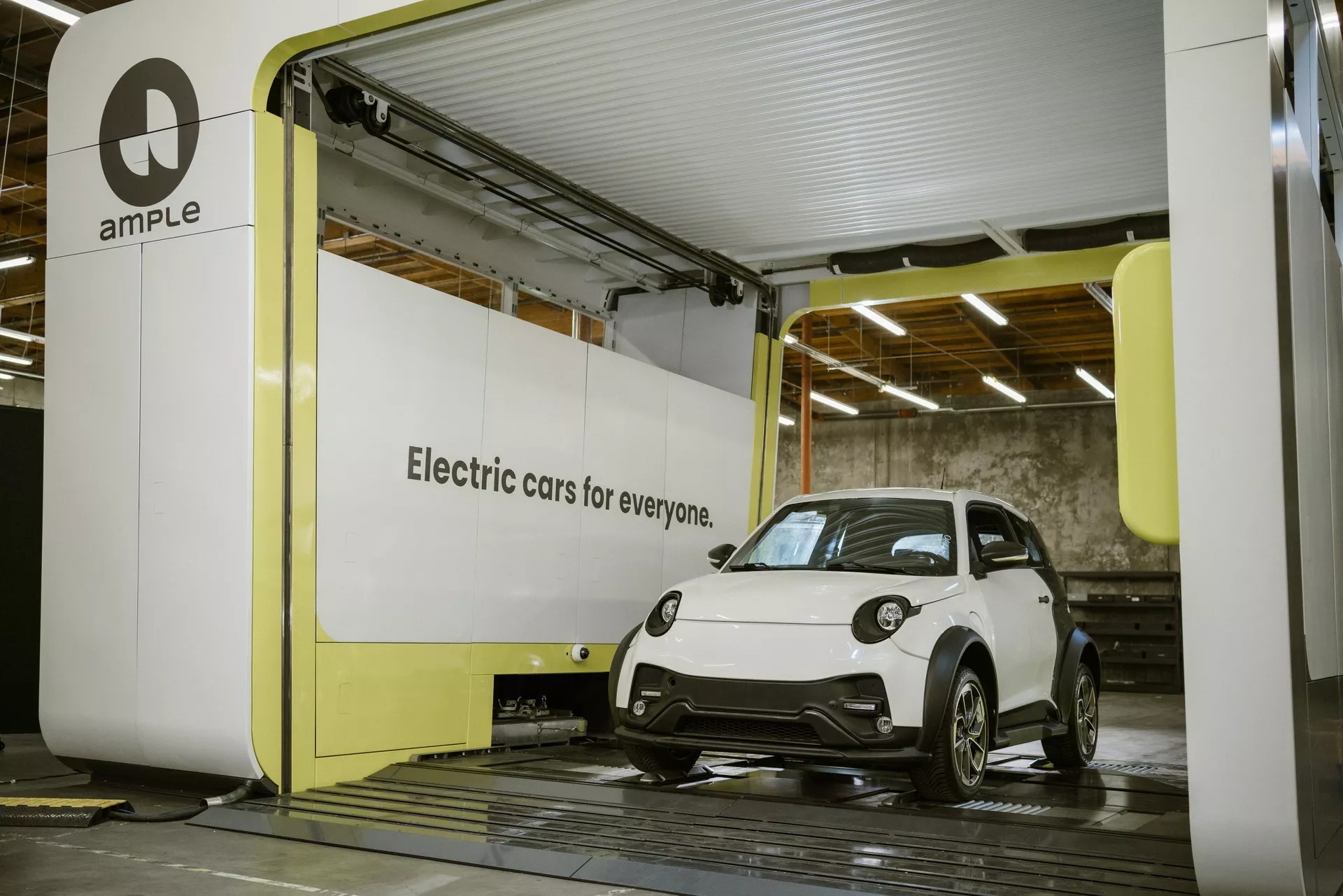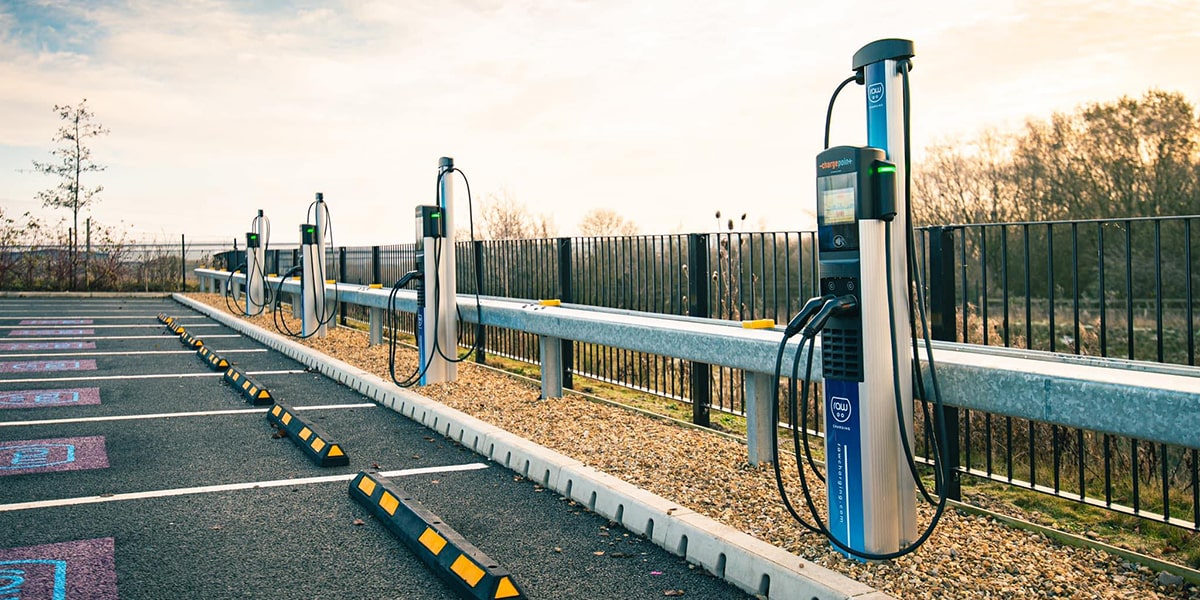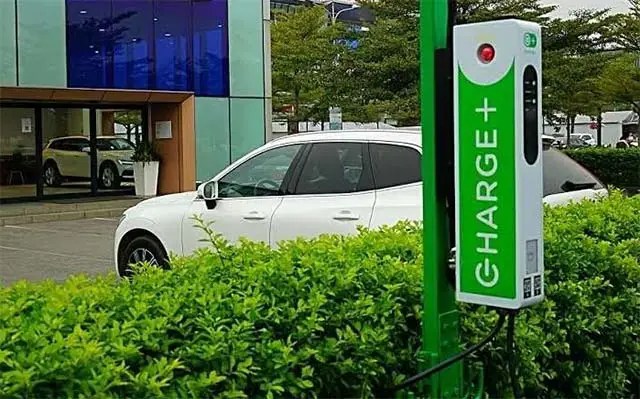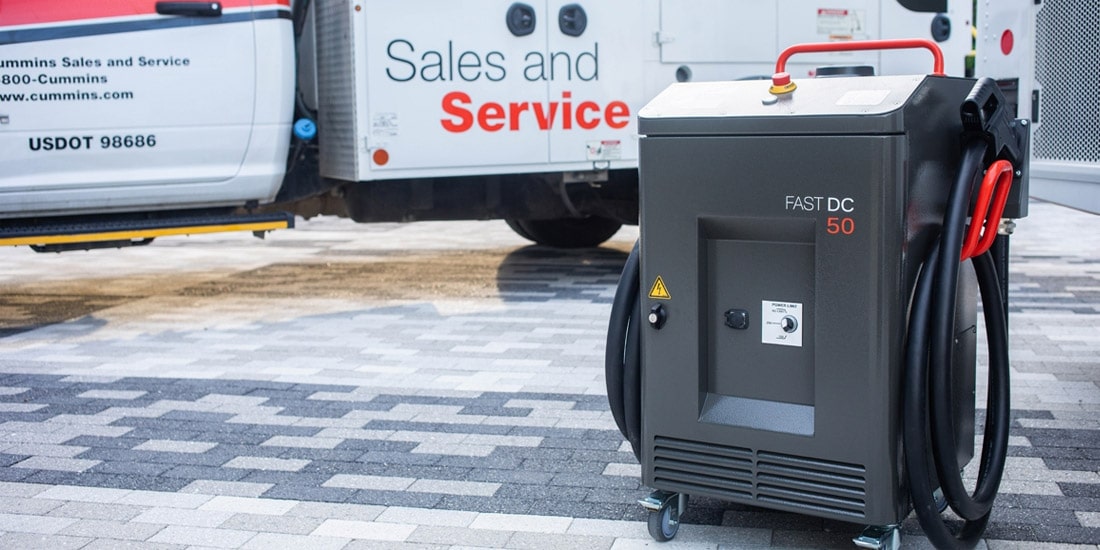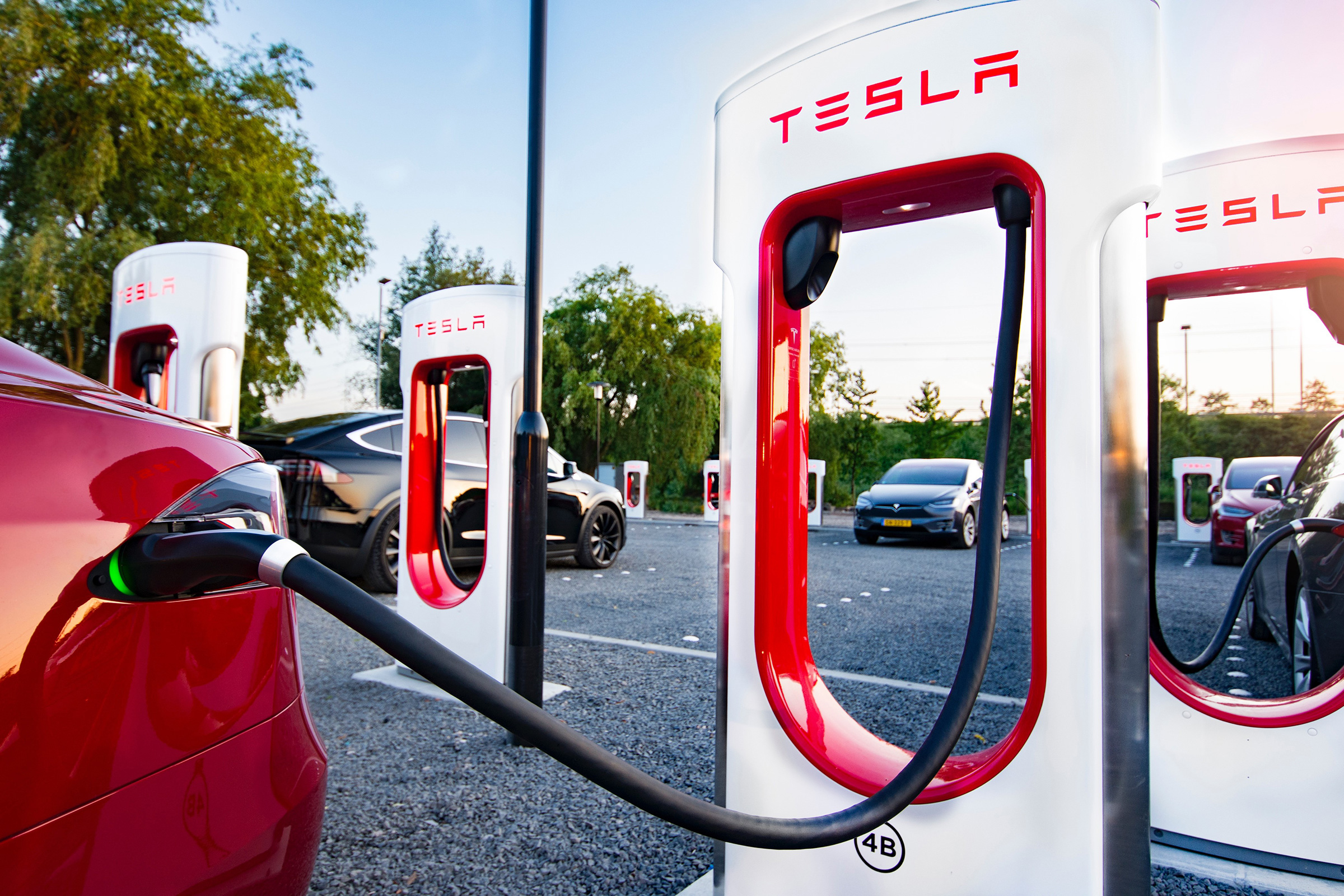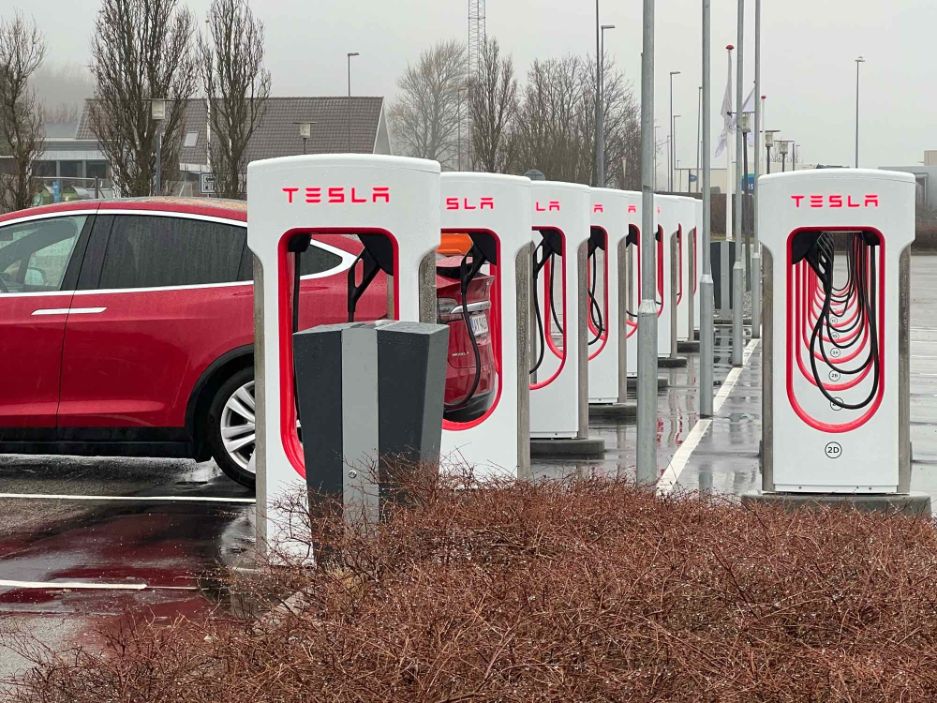The United States and Canada are embarking on a groundbreaking endeavor to establish a cross-border charging corridor specifically designed for electric vehicles (EVs). Spanning an impressive distance of approximately 1,400 kilometers, this innovative initiative will connect Kalamazoo, Michigan, to Quebec City in Canada.
A fundamental aspect of the plan involves strategically positioning charging stations at intervals of 80 kilometers along the entire length of the corridor. Notably, each location will feature at least one direct current (DC) CCS fast charger, ensuring efficient and rapid charging capabilities. The comprehensive scope of the corridor encompasses a vast network linking major cities such as Montreal, Toronto, and Detroit with reliable charging infrastructure. This ambitious project was formally introduced by Canadian Transport Minister Omar Alghabra and US Transportation Secretary Pete Buttigieg during an event held in the vibrant city of Detroit.
The envisioned charging corridor entails the installation of a total of 215 charging stations. Of these, 61 stations will be situated between Detroit and Toronto, while an additional 154 stations will be strategically placed between Toronto and Quebec City. The organizers have primarily focused on the construction of these charging stations along Canadian highways, although the exact number of stations to be built in the United States remains uncertain. Considering that the distance from Kalamazoo to Detroit is a mere 225 kilometers, it becomes evident that the majority of the newly established stations will be located north of the border.
The significance of this milestone is not lost on the leaders involved. Canadian Transport Minister Alghabra emphasized the critical role that the cross-border alternative fuel corridor will play in facilitating seamless travel between the two nations. With the provision of reliable charging and refueling options, drivers can traverse the border without any concerns, ultimately fostering worry-free journeys. Alghabra further underscored the positive environmental impact of this endeavor, as it propels both countries closer to achieving their ambitious goal of net-zero greenhouse gas emissions. Furthermore, by transitioning to electric vehicles, individuals can look forward to substantial savings on traditional fuel expenses.
Notably, Canada and the United States already possess a significant energy trading relationship, which serves as a solid foundation for further collaboration in the pursuit of sustainable solutions. This groundbreaking project stands as the first cross-border alternative fuel corridor, signifying a momentous step towards cleaner air and a greener future.
In recent times, the expansion of electric vehicle charging infrastructure has been gaining substantial momentum in Canada. In April, the Canadian Infrastructure Bank extended a loan to double the FLO charging network by 2027, underscoring the country’s commitment to facilitating widespread adoption of EVs. Furthermore, retail chain 7-Eleven revealed its plans to establish an extensive charging network across both the United States and Canada. Meanwhile, the government of Quebec recently announced a noteworthy $60 million investment aimed at expanding charging infrastructure within the region.
The joint efforts of the United States and Canada to establish this cutting-edge cross-border charging corridor demonstrate their shared commitment to promoting sustainable transportation and reducing greenhouse gas emissions. As this ambitious project takes shape, it paves the way for an electrified future, one where the air we breathe is cleaner and our reliance on traditional fuels diminishes.

